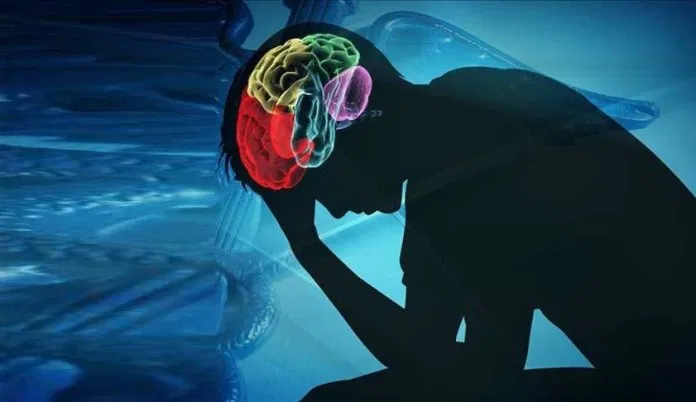A new study, published in the Journal of Medical Internet Research, has shown that college students were more depressed and anxious during the early phases of the coronavirus outbreak.
Researchers from Dartmouth have also found that physical activity, which can reduce stress and anxiety, has been declined dramatically during the pandemic.
They investigated more than 200 students participating in a research program using smartphone sensing and digital questionnaires. They tracked the students’ mental health throughout their undergraduate years.
Dr. Jeremy Huckins, a lecturer in the Department of Psychological and Brain Sciences at Dartmouth, said, “COVID-19 had an immediate negative impact on the emotional well-being of the college students we studied. We observed a large-scale shift in mental health and behavior compared to the observed baseline established for this group over previous years.”
The investigators noticed that the students self-reported symptoms of anxiety and depression at the onset of the outbreak, the time when the health officials urged students to leave campus and switch to online classes.
At the same time, sedentary habits increased dramatically among college students during this year’s spring break period.
Dr. Huckins explained, “This was an atypical time for these college students. While a spring break is usually a period of decreased stress and increased physical activity, spring break 2020 was stressful and confining for the students participating in this study.”
“We suspect that this was the case for a large number of college students across the country,” he added.
The researchers used a sensing app called StudentLife, which is developed at Dartmouth, to collect information from the students. The app passively collects behavioral information from smartphones, such as duration of phone usage, sleep duration, and sedentary time.
Lead researchers Dr. Andrew Campbell, “This is the first time we have used sensor data from phones to give us unique behavioral insights into the reaction of students to the onset of the pandemic on a college campus.”
“We plan to further analyze how these students adjusted both physically and mentally during remote learning that leads on from this study,” he added.
Dr. Huckins said, “Many people wouldn’t expect college students to listen to social distancing orders, but these students did. We found that when social distancing was recommended by local governments, students were more sedentary and visited fewer locations on any given day.” He added, “Clearly the impact of COVID-19 extends beyond the virus and its direct impacts. An unresolved question is if mental health and physical activity will continue to degrade over time, or if we will see a recovery, and how long that recovery will take.”























